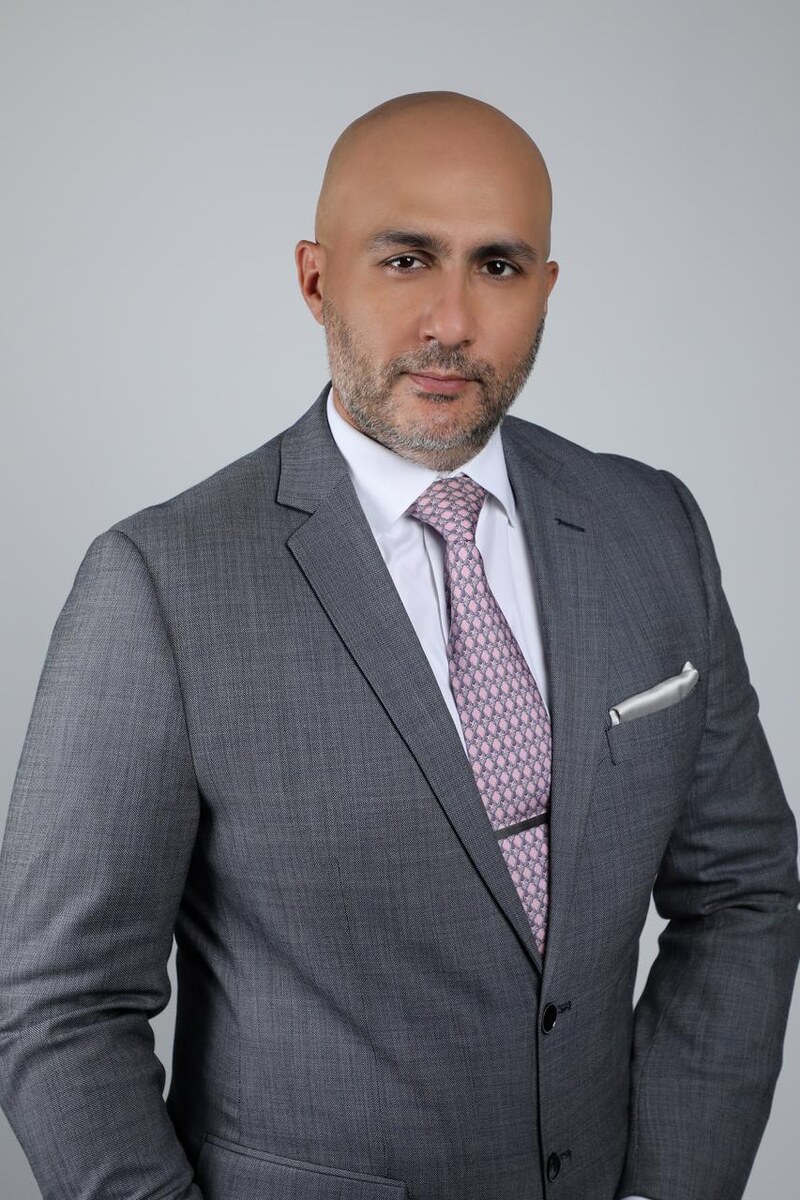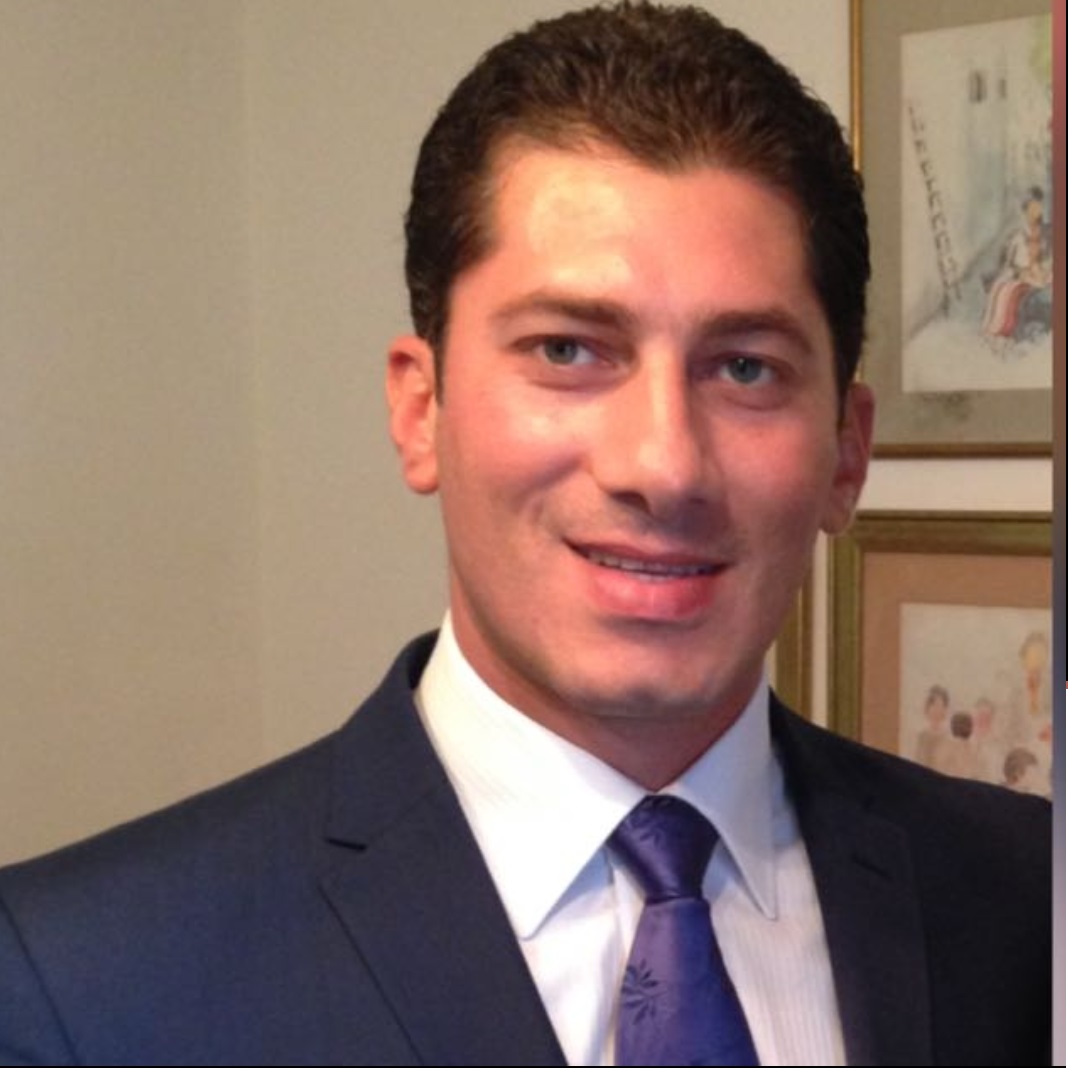DUBAI: After three years and 600 shows, Jasper Hope, chief executive of Dubai Opera, is convinced he made the right choice when he left the prestigious grandeur of London’s Royal Albert Hall for a “startup” in the Arabian Gulf.
“I want people to think of this as a great venue of the world, and I fully believe that they will,” he said, contemplating the third anniversary of the Opera’s opening in a a couple of weeks. In a short space of time, the Opera has become a firm attraction in the UAE’s cultural scene, and an anchor of Dubai’s buzzy Downtown area, nestling beside the world’s tallest building, the Burj Khalifa, and the gigantic Dubai Mall.
He believes it can also serve as a model for other Gulf countries, notably Saudi Arabia, as it seeks to open up new entertainment options for its citizens and foreign tourists.
50-year-old Hope, who has worked in the music entertainment business all his career, reeled off the successes of the first three years: The opening night with the “king of opera” Placido Domingo (“Wow, just amazing”); the three-week run of the hit musical Les Miserables; the virtuoso performance of the violinist Daniel Hope (his brother); through to sell-out shows by British rock band Status Quo and Catalan troubadours the Gypsy Kings.
To underline the commercial nature of the Opera, which is owned by the UAE property and leisure developer Emaar, he admits: “Every time we sell out is amazing.”
Hope said it was always part of the plan to offer the full spectrum of musical and visual entertainment, while admitting some “tweaks” to the program along the way.
“What got me most excited about being asked to come here was there as no prescriptive set of instructions I had to follow. There was an idea — Dubai needs a place for great entertainment, a great theater, a great concert hall, and under the banner of the opera house it has one,” he said.
“It was about being able to start from scratch in a market that didn’t exist, but in an industry and area I know and love and has been my professional life all these years,” he said.
He has little time for the opera snobs who might complain that it’s too inclusive of other genres.
“With getting pernickety about it, even in the great old opera houses of the world it’s not just opera. For a start, there’s always a ballet company, so it’s always opera and ballet, and because you need classical music, there’s always an orchestra as well,” he said.
“So even before you start to ask whether they do the occasional Elton John show, fashion show or anything else, you’ve already got other things there.”
Hope also pointed out that classical opera rarely makes any money, and all have had to widen their appeal. “This region is not full enough yet of opera-going audiences to fill a place like this, and one part of my job is to make sure this is not some horrendous white elephant. This is a used, exciting, alive building in the city — ‘bums on seats’ as we call it in the industry,” he said.
There are other major music venues in the Gulf — in Oman and more recently in Kuwait. Hope also pointed to Ithra, the big multicultural venue near Damman in Saudi Arabia, home to the King Abdulaziz Center for Word Culture, and gave tantalizing hints of other big projects coming up in the Kingdom.
He has had meetings with the Saudi General Entertainment Authority, and hosted its officials on fact-finding trips to Dubai. “They have been going all over the world to look at different buildings, different models, because there are so many different ways of operating — a commercial basis, state subsidies — and all sorts of different buildings that are suitable — some specific, some multi-functional,” he said.
He thinks Saudi Arabia certainly has the potential to sustain its own musical entertainment industry, “based on the number of people of a certain age who are excited about it,” but he advised some caution.
“My only worry is that it’s really easy to go and buy anything, frankly. What is very challenging is creating for yourself and for your audience, and developing it yourself — using international products in some cases but not exclusively. There has to be a proper blend of local, regional and international elements, and I’ve no doubt that in a country of that many people there are different tastes, like in any other country in the world. Taste is entirely subjective by its very nature and it’s very difficult to predict what’s going to be right for an audience,” he said.
“You can’t say because it worked in London or Paris it will work here. There are certain artistic products or companies that are not going to be appropriate, whatever the opportunities in Saudi Arabia, for a long time or possibly forever,” he said.
The “sensitivities” are not always on the side of local authorities or audiences. “I’ve experienced artistic companies coming to Dubai in the past three years, and they come with a kind of nervous mindset. They haven’t been to the Middle East before and they don’t know how things work here. They worry about one line in a musical or a stand up comedy. Am I allowed to say that? What will happen if I do?”
BIO
BORN
• 1969 South Africa (British citizen).
EDUCATION
• Oxford Brookes University, hotel and catering management.
CAREER
• IMG — general manager Europe.
• AEG Live UK — senior director, live events.
• Royal Albert Hall — COO.
• Dubai Opera — CEO Middle East and Africa.
These issues can be overcome, he said, by careful and early planning, and by taking advice from the authorities. “I guess I self-censor. I guess I have an understanding of what is going to be acceptable or not. And if I need to take advice, I go ahead and do that before I commit to the show. I don’t wait until I hear what comes out of somebody’s mouth. There should be no surprises,” he said.
The other important constituency for Hope is the owner, Emaar. He is chief executive of a commercial business, and is conscious of the need to have Dubai Opera as a profitable operation. From earlier phases of his career — with international entertainment marketing business IMG and with AEG Live, the owners of The O2 in East London — he understands this imperative, but at the Royal Albert Hall, which is run as a national charity in the UK, he did not have the same financial pressure.
So does Dubai Opera make money? “I can’t tell you precisely what kind of numbers we deal in, for lots of reasons, but mainly because we are part of Emaar, a listed company and there are all sorts of rules about that. But we are not government, and we are not a charity. We operate by the same imperatives as if it’s an Emaar hotel, or cinema, or mall, or the Burj Khalifa,” he said.
“We have to have a commercial mindset going into each production. But having said that, it’s exceptionally rare for opera, the genre, ever to be profitable. On the flip side, it is entirely possible and probable for musicals, for rock and pop, and all sorts of the things to be profitable,” he added.
Hope explained the basic rule: “Don’t do stuff that loses money, unless you’ve got other things that make money that can balance that. We want to be a net contributor not just to Emaar but also to Dubai.”
Revenue comes via sponsorship, with some of the biggest names in Dubai business signed up, as well as via food and beverage and other income streams. And, of course, via selling tickets to the public. Hope admitted these are not cheap, but insisted they represent “good value” for the big shows he aims at attracting to Dubai Opera.
A look at the coming schedule shows the scale of his ambition, and the breadth of the offering. It will start off low-key with a Disney film festival, featuring 48 movies and activities like a “Beauty and the Beast” singalong in the foyers.
Then it gets straight into the serious stuff — a 300-cast production of Puccini’s Turandot by the Shanghai Grand Theatre, followed by the Shanghai ballet.
The highlight of the season will be a three-week run of The Phantom of the Opera with the original London production of the hit show. “It’s a massive show, and I’m so pleased we’ve been able to get it. For these big shows we want the same show you would have seen in London or Broadway,” he said.
Even blockbusters like Phantom are not the end of Hope’s ambitions for Dubai Opera. He said he would love to stage The Lion King, or the hit Broadway musical Hamilton. Likewise, there are “hundreds” of works and pop stars he would like to appear in Dubai.
Hope has lost none of the enthusiasm that got him into the music business in the first place, and eventually brought him to Dubai. “It’s the same if you’re 10 years old or 50. It should be an exciting thing in your life to be entertained by a live performance for a couple of hours. It’s a magical thing,” he said.































